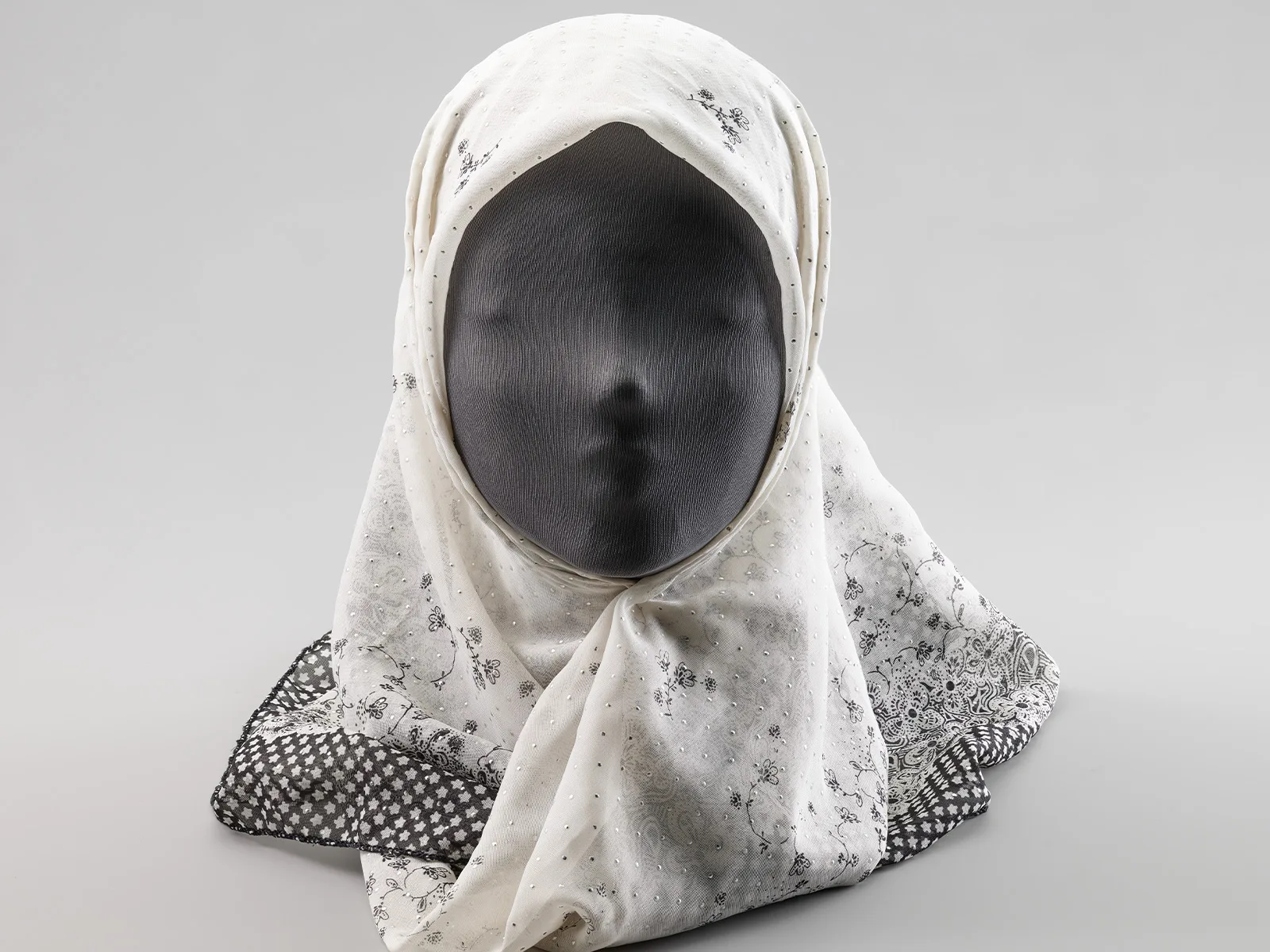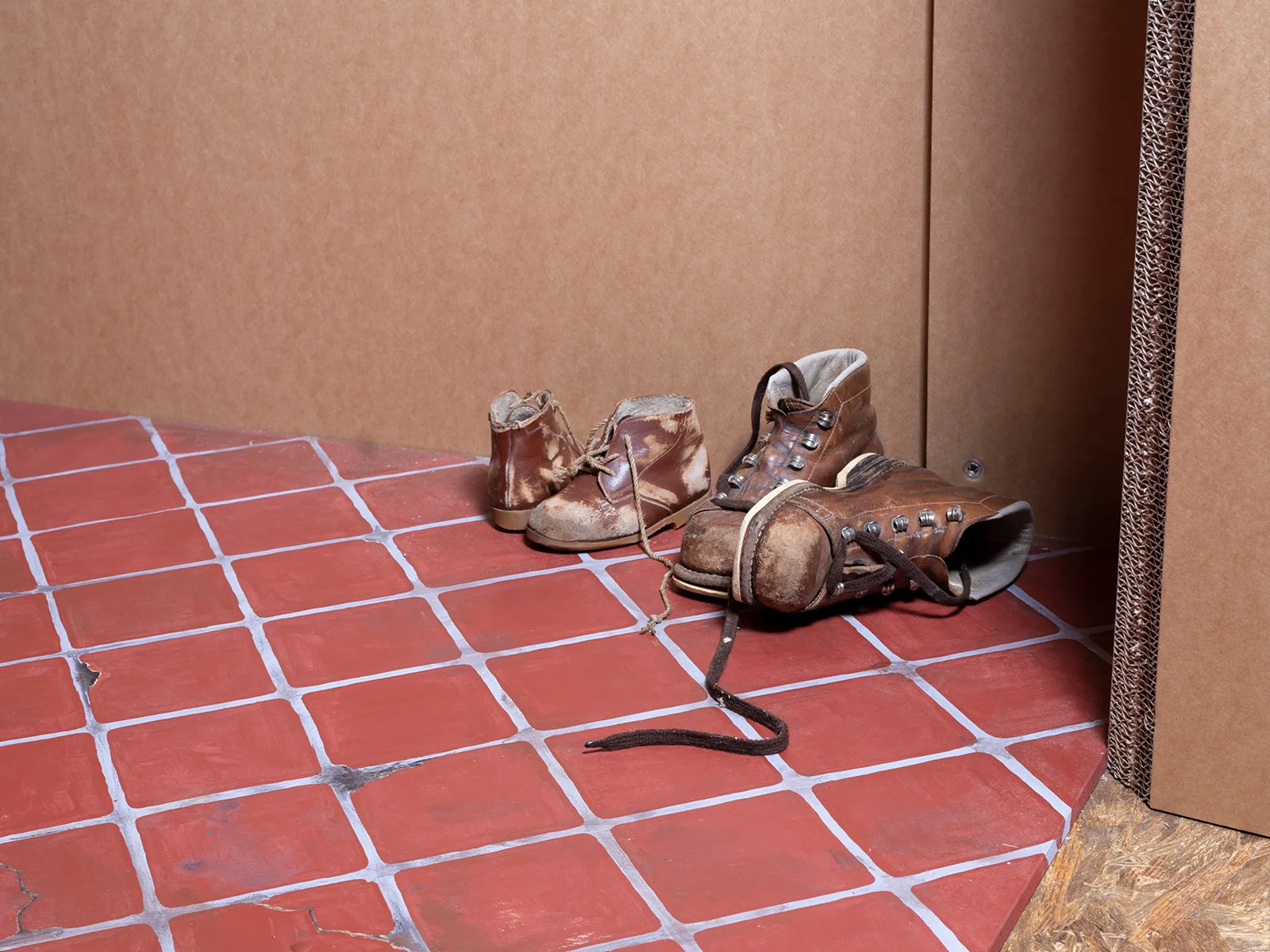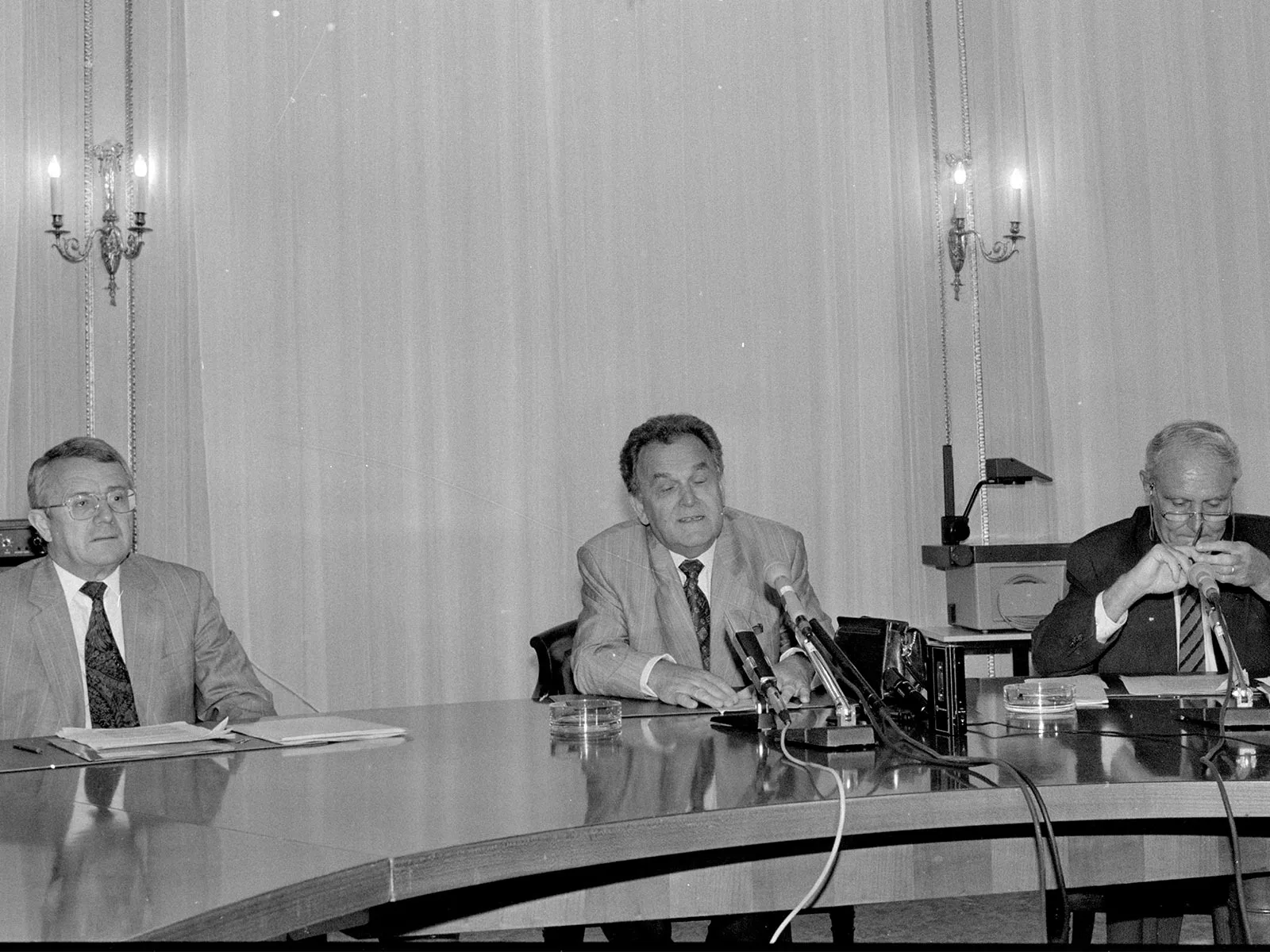
Outwardly open, inwardly closed
The degree to which Swiss domestic and foreign policy are intertwined has seldom become so apparent as in 1994. That year, the electorate repeatedly opposed the Federal Council’s pursuit of international openness.
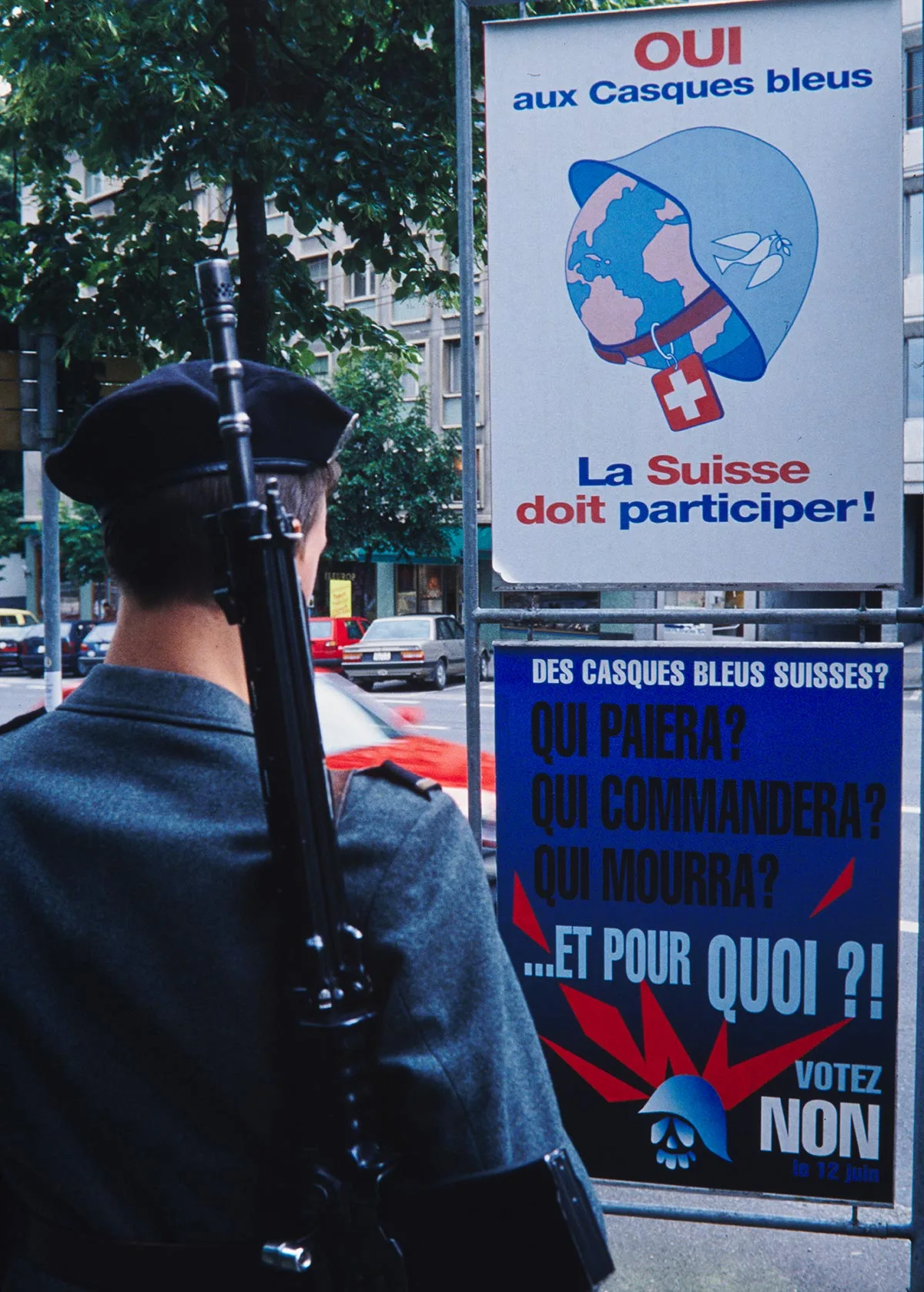
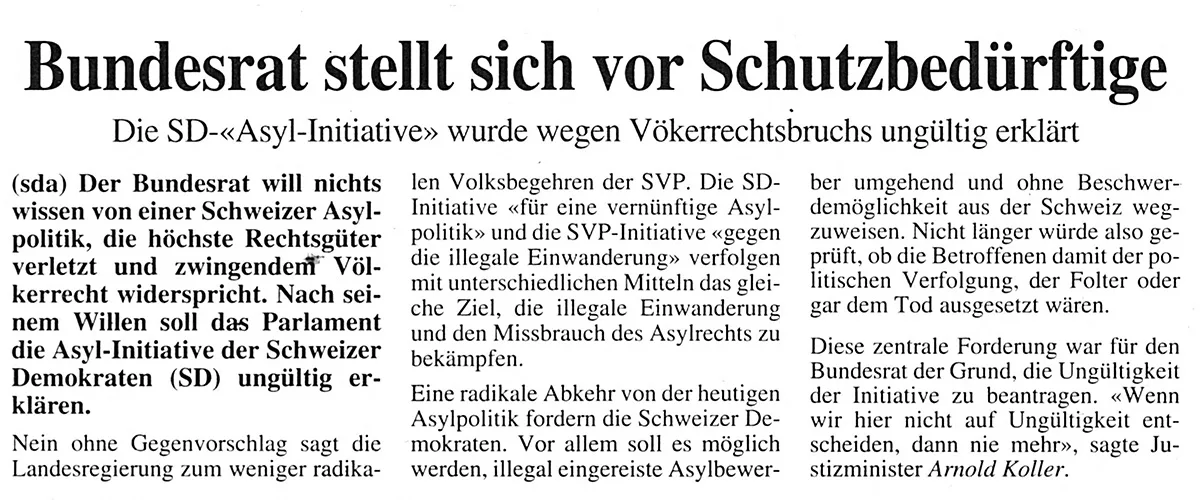
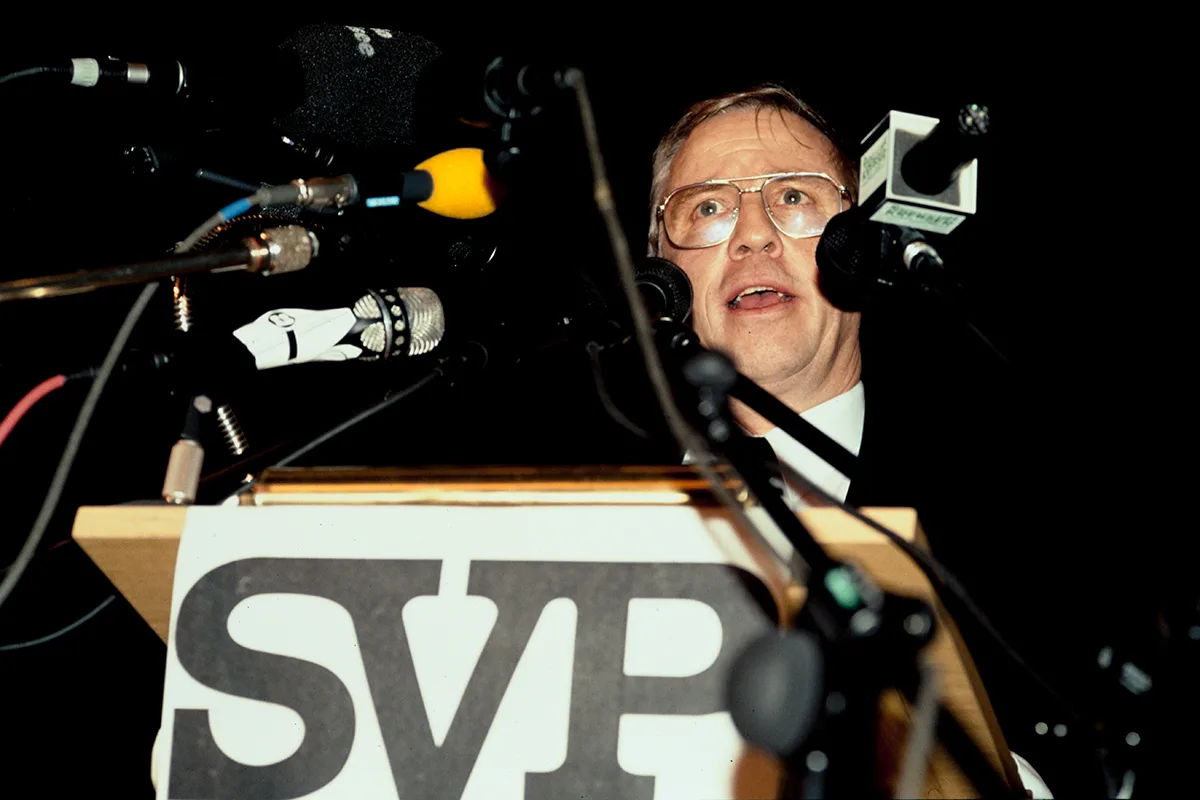
New archival documents available online
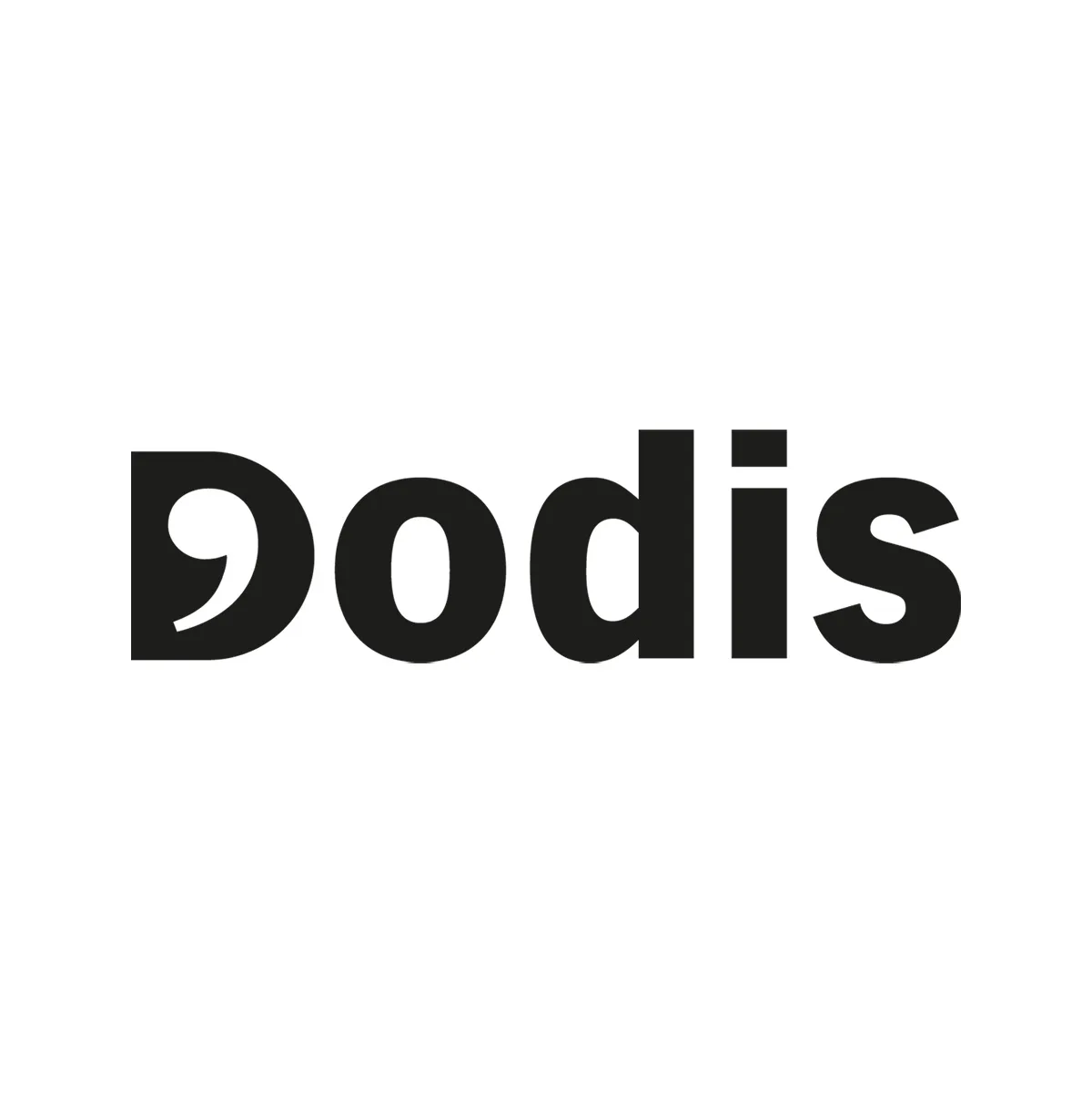
On 1 January 2025, the Diplomatic Documents of Switzerland research centre published around 1,700 historical sources on Swiss foreign policy in 1994 in its online database Dodis – just as the relevant dossiers become declassified by the Swiss Federal Archives. The documents cited in the text are available online, along with numerous other records relating to Switzerland’s international relations.

